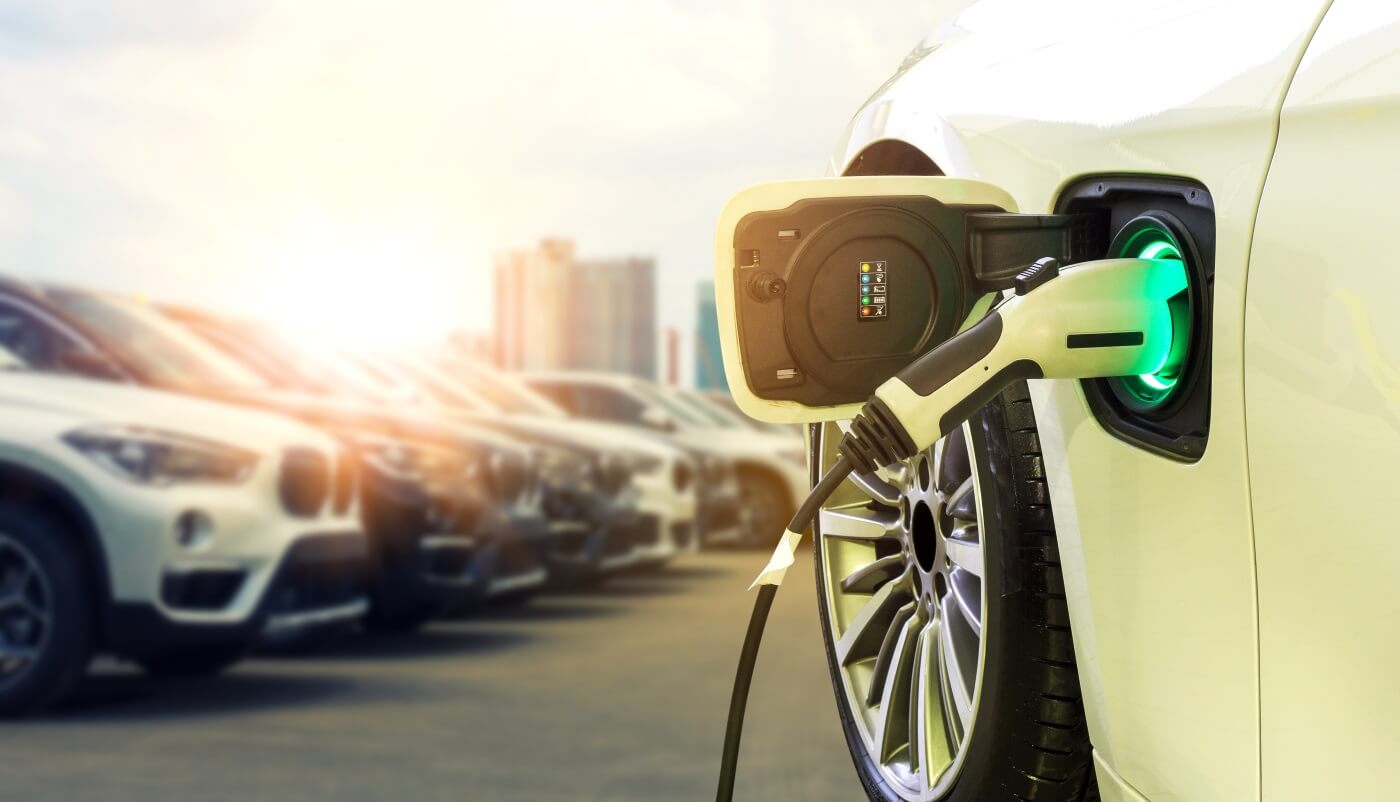Contents:
- How much does a new electric car cost?
- How much does a used electric car cost?
- How much does it cost to run an electric car?
- How much does it cost to maintain an electric car?
- EV FAQs
When it comes to the current cost of living, everyone’s feeling the pinch. So, it’s no surprise that price is the third most common reason people cite for not buying an electric vehicle (EV) according to a Kwik Fit survey.
As you may already know, the upfront costs of electric vehicles tend to be higher than those for equivalent-sized petrol or diesel cars. This is in large part down to the fact that the technology is fairly new and the industry hasn’t reached the same scale as traditional car manufacturing (although parts for batteries are also a big factor). However, while they cost more to buy in the first place, actually owning and running an EV often works out a lot cheaper than a petrol or diesel alternative.
So, how much are electric cars in 2023, and how do prices compare with other types of vehicle? Let’s dig into the numbers to find out.
How much does a new electric car cost?
According to data company NimbleFins, the average cost of a new electric car in 2023 is around £50,000. By comparison, they report that the average cost of a new petrol or diesel car is closer to £20,000 – that’s clearly a chunky price difference.
However, the average price of EVs is arguably skewed upwards by the number of high-end brands that produce cars in this category. For instance, Tesla cars are by far the most popular EV in the UK and thanks to their marketing as ‘luxury’ vehicles, it’s no surprise that a Tesla Model 3 will start around £50k. With this in mind, it might be a little unfair to directly compare the average price for all EVs with the average for all petrol/diesel cars.
Fortunately, NimbleFins have also broken down the data to find the average cost of non-luxury electric cars, which they say adds up to about £33,000. That’s still quite a bit more than the average petrol or diesel car, but it does make this vehicle class more accessible to more people.
In fact, some the cheapest EVs on the market today are available from between £20-30,000 new*. These include:
- Citroën e-C4 – from £22,080 new
- Smart EQ fortwo coupé – from £22,225 new
- MG4 EV – from £26,995 new
- Fiat 500 Electric – from £28,195 new
- Nissan Leaf Acenta – from £28,955 new
* Prices taken from manufacturers websites. Accurate as of April 2023.
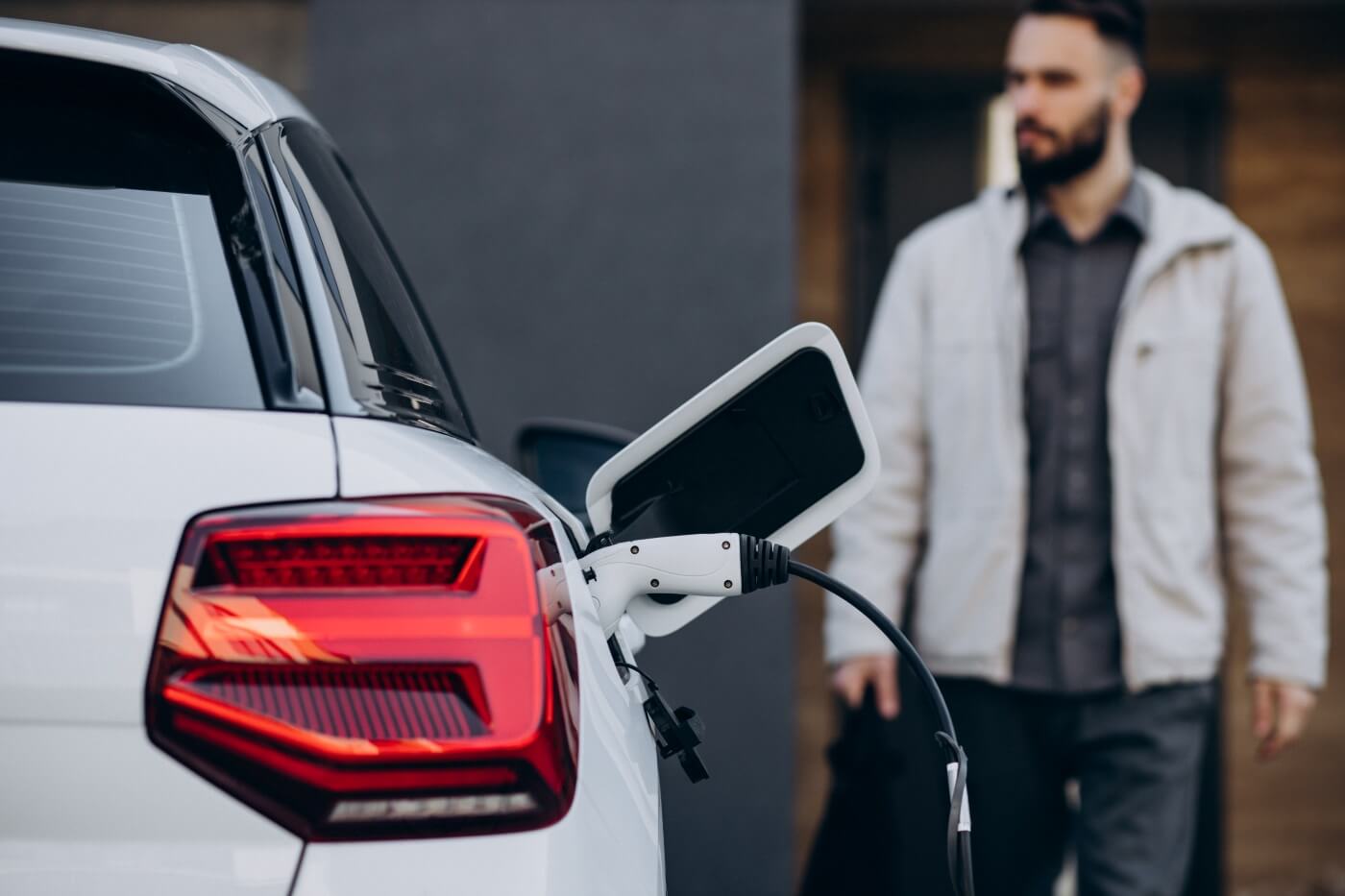
How much does a used electric car cost?
Used EV sales are booming as demand for electric cars keeps growing. So, how much are electric cars in the used market? According to EDF, a used EV could set you back anywhere between £5,000 and £20,000. Why the big price range? Well, the cost of a used EV can vary quite a lot depending on several factors. These include:
- Age: Older EVs have smaller batteries and less advanced technology so tend to cost less at resale
- Distance travelled: The further the car has driven, the more the battery will have degraded, making it worth less
- Condition: Besides the state of the battery, scratches, worn tyres and other issues will also affect price
- Brand: Some brands are simply more popular than others, or have a better reputation
How much does it cost to run an electric car?
As we’ve just seen, buying an electric car will usually cost quite a bit more up-front compared to a petrol or diesel vehicle. But, when it comes to running the cars, the equation gets flipped on its head. Average running costs for EVs are much lower than for traditional cars, and that can make them more economical in the long run.
The costs of running an electric car can be broken down into several sub-costs. Lets see how they compare to the expenses that come with a regular petrol car:
Electricity vs. petrol
Electric cars are powered by a battery, which you need to recharge when it starts running low. There are a few different ways to charge an EV with varying prices, as the following table shows:
| Charge type | Cost for 0-80% charge* |
| At-home charging using a 7kW home wallbox charger | ~ £17.87 |
| Pay-as-you-go public charging using a 23-99 kW ‘rapid’ charger | ~ £35.43 |
| Pay-as-you-go public charging using a 100+ kW ‘ultra rapid’ charger | ~ £37.99 |
| Free charging points | £0.00 |
| Do note that these are very rough and ready estimates – prices for a full charge will depend on the size of your battery, its age, and the tariffs set by home energy and charging point companies. | |
* All prices taken from RAC Charge Watch
By comparison, filling a medium-sized petrol car in December 2022 would set you back around £92, according to Confused.com. That’s clearly a lot more than charging an EV. Over time, this difference in cost adds up to significant savings for EV owners.
In fact, car manufacturer Vauxhall reckons EV drivers save close to £1,000 per year on fuel compared to owners of similar-sized petrol cars. So, if you owned a non-luxury EV worth £33k for 10 years, the fuel savings could potentially cancel out the higher up-front cost compared to a petrol car worth £23k. To learn more about charging costs read our electric car charging guide.
Cheapest Electric Cars to Charge
Here we’ve broken down the estimated cost of a full charge for 10 of the cheapest EVs on the market, as well as the estimated cost per mile*:
| Electric Car | Average Range (miles) | Battery (kWh) | Estimated Cost of Full Charge | Estimated Cost per Mile |
| Smart EQ fortwo coupe | 60 | 16.7 | £5.70 | £0.09 |
| MG MG4 EV Standard Range | 185 | 50.8 | £17.30 | £0.09 |
| Vauxhall Corsa-e | 175 | 45.0 | £16.0 | £0.09 |
| Fiat 500e Hatchback 42 kWh | 145 | 37.3 | £12.68 | £0.09 |
| Citroen e-C4 | 165 | 45.0 | £15.30 | £0.09 |
| Nissan Leaf 39 kWh | 145 | 39.0 | £13.26 | £0.09 |
| Mazda MX-30 | 105 | 30.0 | £10.20 | £0.10 |
| Peugeot e-208 | 175 | 45.0 | £15.30 | £0.09 |
| Hyundai Kona Electric 39 kWh | 155 | 39.2 | £13.32 | £0.09 |
| Mini Electric | 110 | 32.6 | £11.08 | £0.10 |
* Methodology: Average full charge cost calculated by multiplying battery capacity and the unit cost of electric (34p/kWh) assuming cars are charged at home at the current energy price cap.
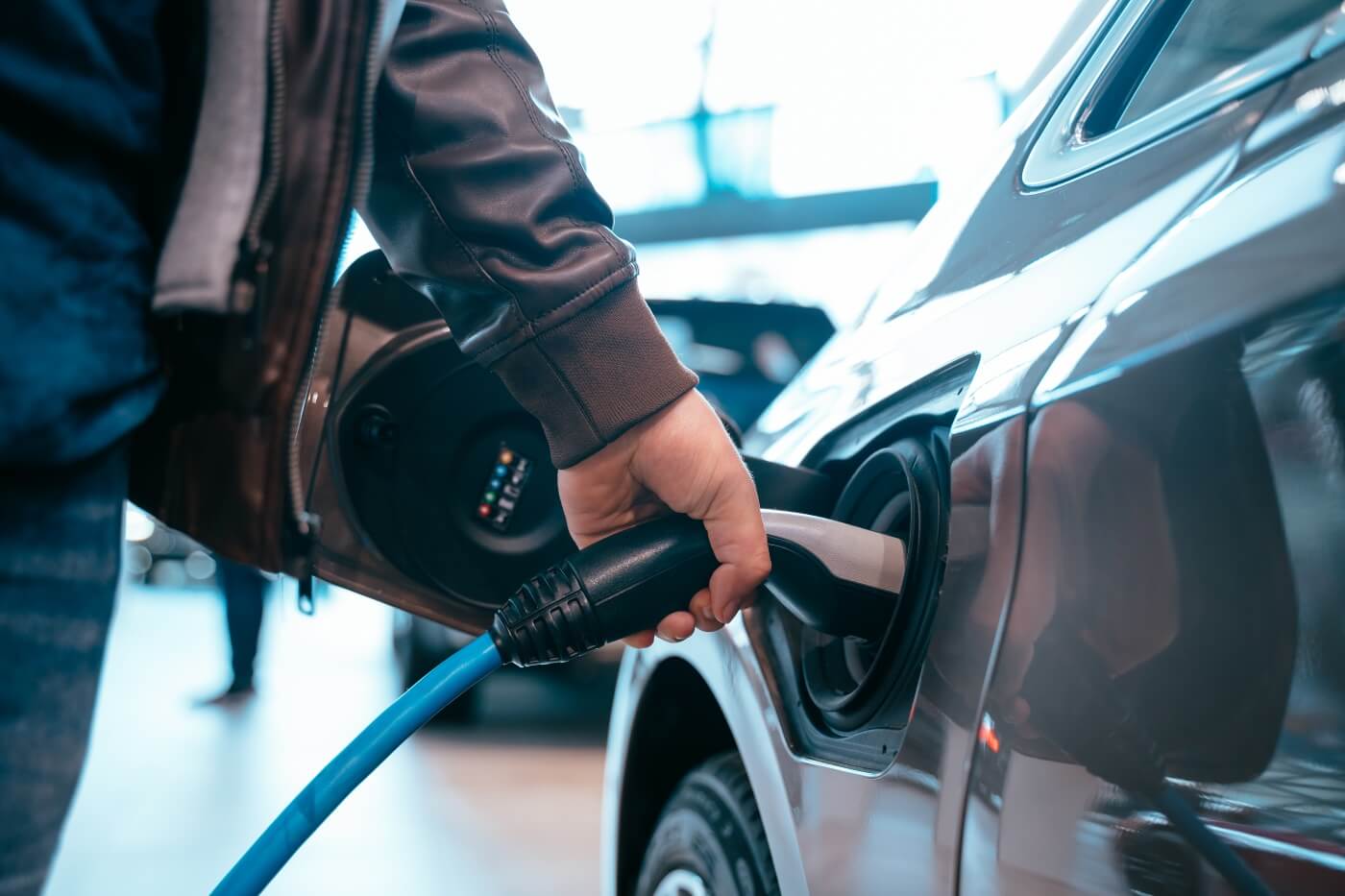
Tax
Another big difference in cost between EVs and petrol cars is how much tax you’ll need to pay. We’ve got loads of information on this in our EV and hybrid car tax guide, but here’s a quick summary:
- EV owners are exempt from Vehicle Excise Duty (‘road tax’), whereas petrol/diesel owners pay about £165 per year, plus a variable up-front fee in year 1
- Owners of more expensive EVs don’t have to pay the ‘premium’ VED rate of £335 on cars worth £40k or above, whereas petrol/diesel owners will pay this for the first 5 years
- EV owners pay no fuel duty compared to petrol/diesel owners who pay the tax each time they fill up
- EV owners also don’t have to pay to drive in London’s Ultra Low Emissions Zone, whereas petrol and diesel drivers need to pay a daily fee of £12.50
- If you have the EV as a benefit in kind through work, you’ll pay much less tax on it than if it were a petrol or diesel – sometimes to the tune of hundreds of pounds a year
So, assuming you bought a relatively expensive petrol car, you could easily be paying £500 per year just on VED alone, not to mention fuel duty and potentially thousands if you drove regularly in London.
Insurance
Insurance is an inevitable extra cost that all car owners must pay. The costs to insure an EV will vary considerably depending on car, location and driver, so it’s difficult to give a broad estimate or make a direct comparison to similar petrol/diesel models.
Traditionally, EVs did cost more to insure, but, according to one insurance industry magazine, electric car insurance is now comparable to petrol or diesel, and sometimes even less. This isn’t surprising given the fact that EVs are getting more and more popular and the government’s ban on the sale of petrol and diesel cars is looming.
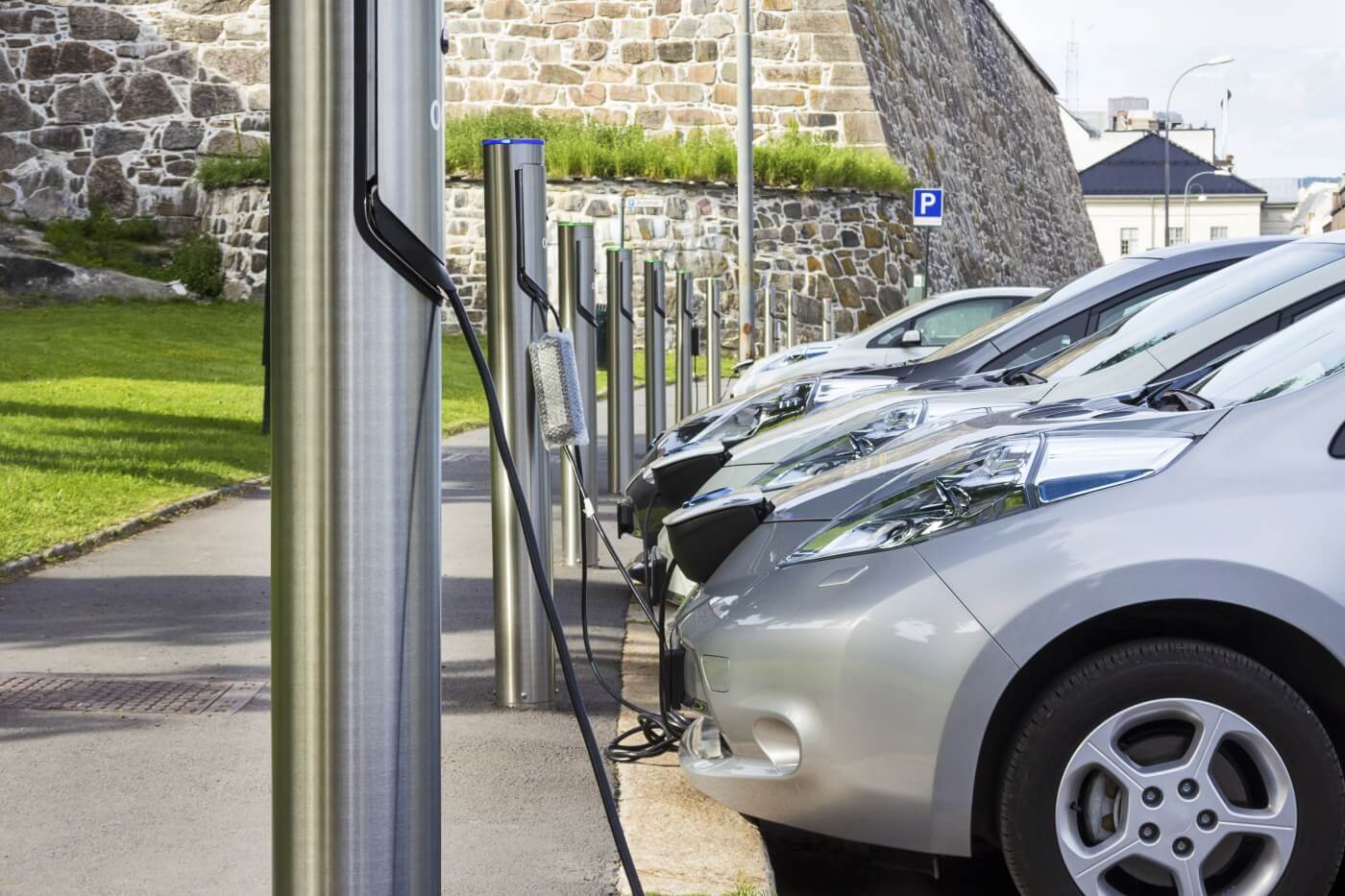
How much does it cost to maintain an electric car?
One of the most appealing things about electric cars is that they require far less maintenance than petrol or diesel vehicles. This is because they have fewer moving parts than traditional fuel engines, meaning fewer things can go wrong, and therefore fewer trips to the mechanic.
Having said that, there are five main factors that will impact EV maintenance:
- Batteries: Most manufacturers offer battery warranties of around 8 years (or 100,000 miles), so you should be covered if anything goes wrong. But, if you ever want/need to replace the battery, it will cost quite a bit of money – at least £6-10k. Read more in our guide on how long EV batteries last.
- Brakes: While EVs are heavier than petrol or diesel cars, their breaks often last a lot longer. This is because they use a process called regenerative breaking, essentially using the cars own momentum to slow it down rather than the break pads. When required, occasional brake maintenance will set you back about £250.
- Tyres: Because they are heavier cars, you might think EV tyres can also wear out faster than regular car tyres. However, EV tyers are specifically designed to deal with the extra weight and are built to last longer than traditional ones. Depending on the model you choose, you can expect to pay around £100 per tyre every few years.
- Coolant: Topping up the coolant in your EV should cost around £40 and is essential to keep the battery system at the optimal temperature. While this isn’t a hefty sum, you’ll be pleased to know this is only necessary every few years.
- General checks on electrics: It’s worth getting a general health check on the electrics and the motor of your EV every few years. These checks should cost around £150.
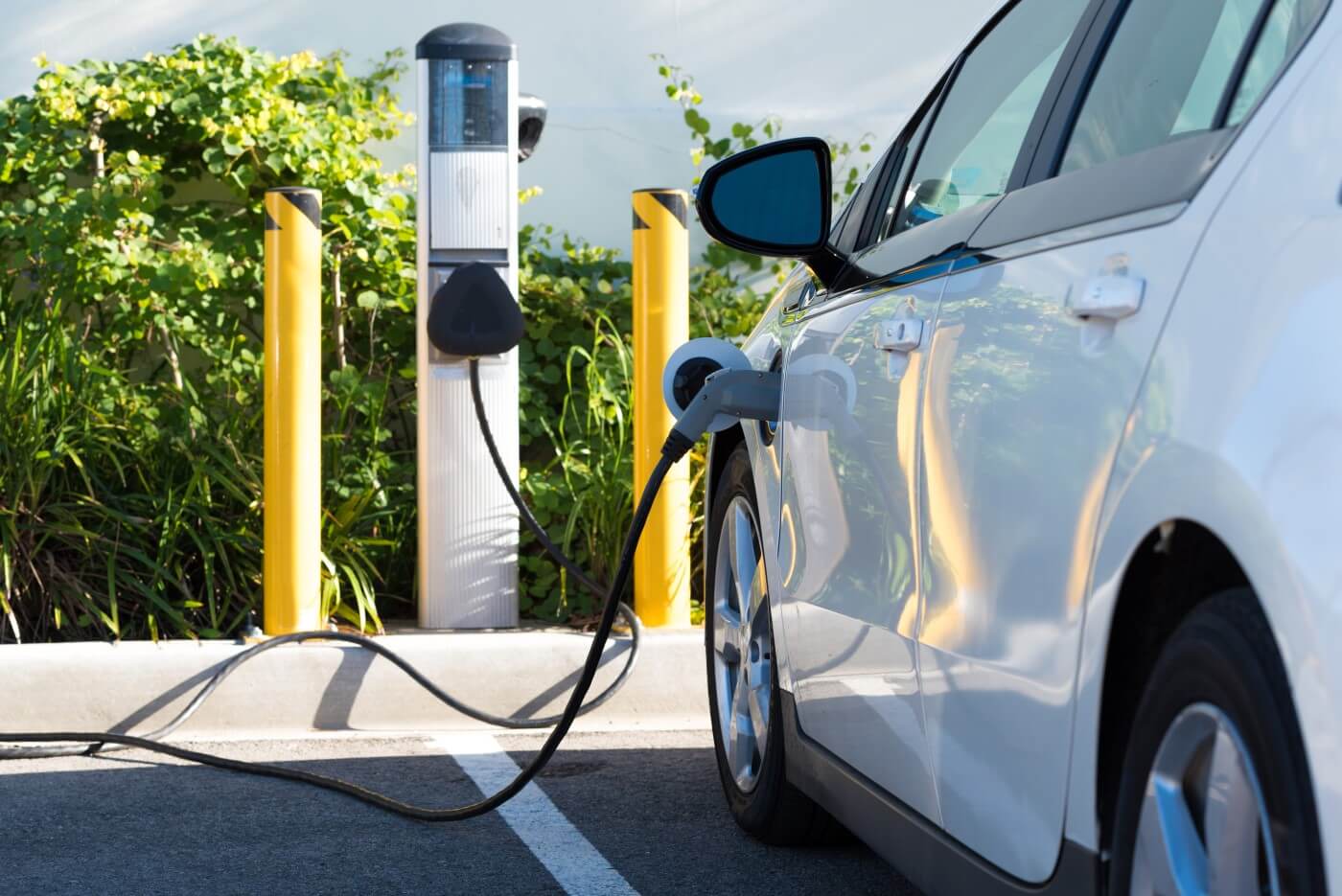
Summary – How much does it cost to own an electric car?
There are clearly a lot of different factors that influence the cost of buying and then owning an EV.
It is undeniable that the up-front costs of both new and used EVs are currently higher than comparable petrol and diesel models. However, the savings you’ll make on charging, tax and maintenance could well balance out to make the cost of owning an EV equivalent to driving a petrol or diesel equivalent – or maybe even cheaper in the long run.
Since everyone uses their car differently, getting out a calculator and a notepad is the most accurate way to work out how much you’ll pay for things like taxes and fuel prices depending on your own driving habits. You’d then have a clearer idea to know how much electric cars are compared to petrol and diesel alternatives.
If you need a little help with the maths, ZapMap has two handy charging cost calculators, one for home charging and one for public charging. All you need to do is input the make and model of your car, whether it’s new or used, and what type of charger you’ll be using.
Ready to make the switch to electric? Find the used electric car for you at Motors.

